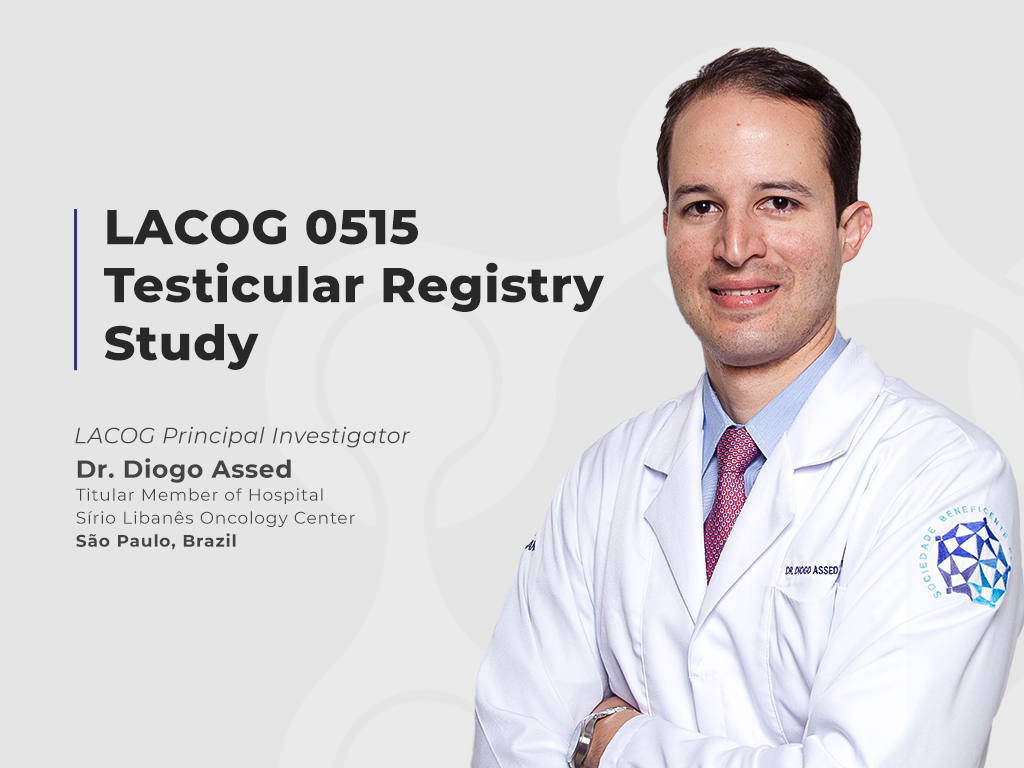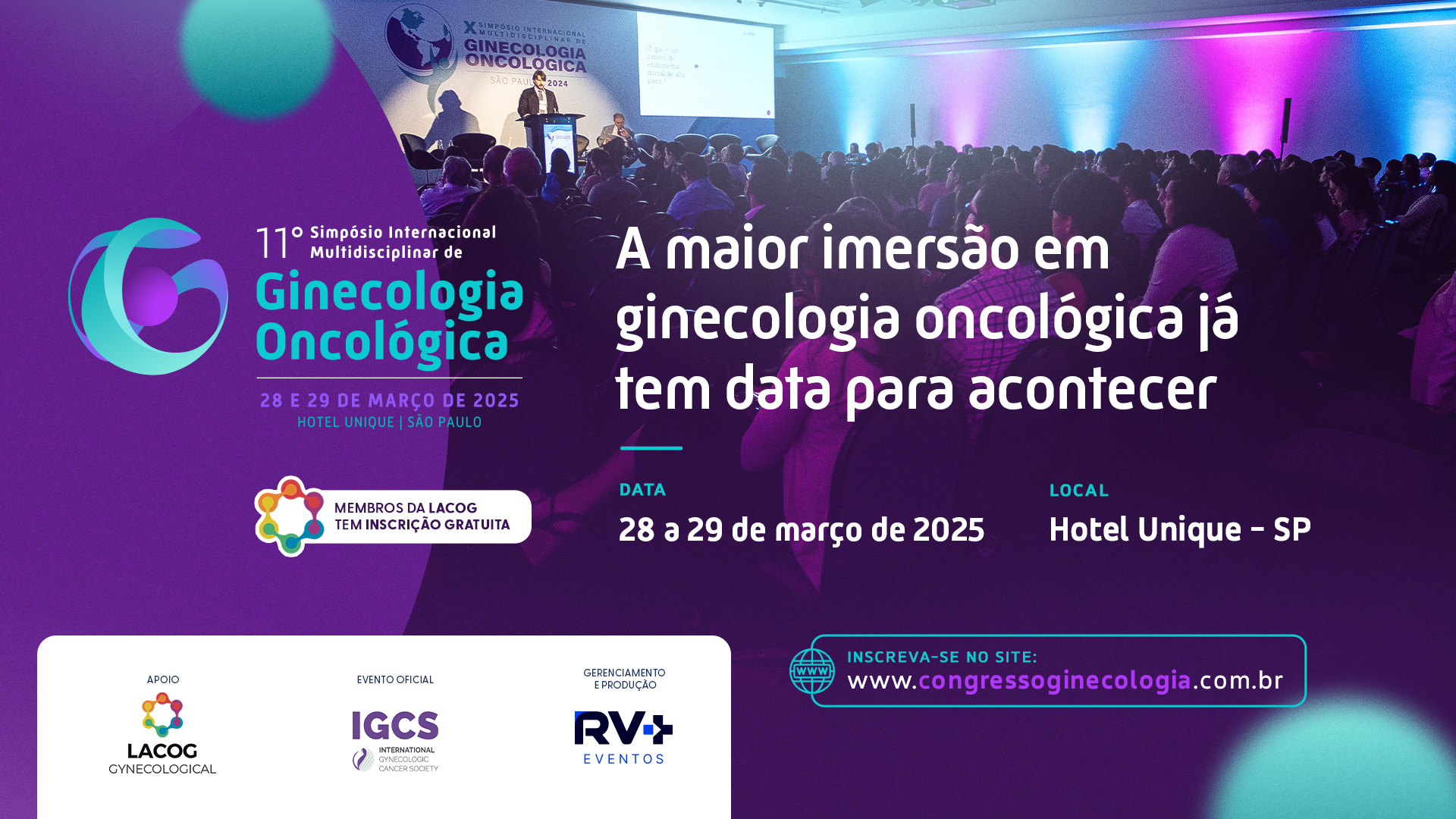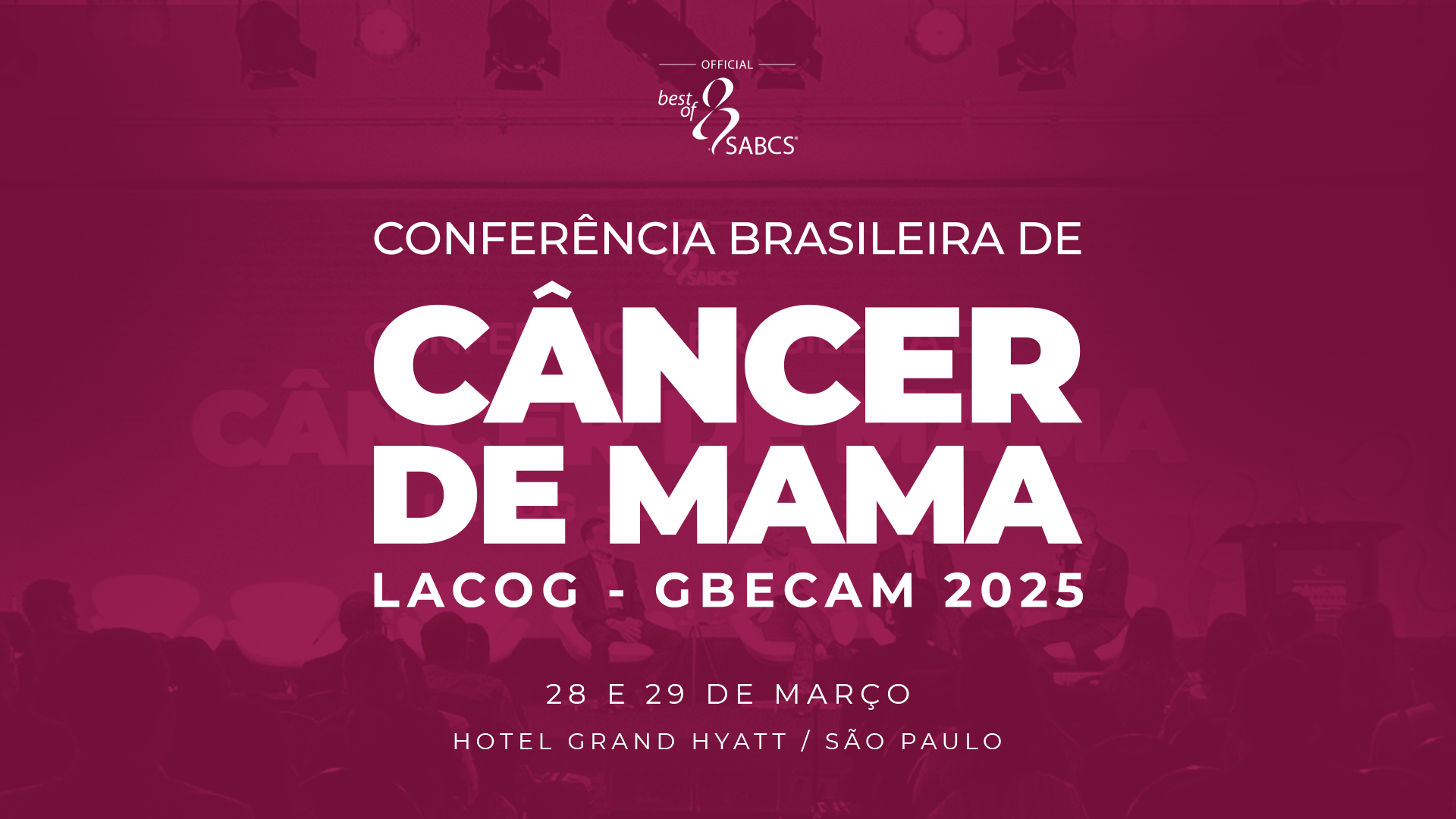
Research sites & Investigators: partnerships that encourage clinical trials
Frequently, the best cancer treatment option for patients is still based on data from clinical studies conducted in European countries or in the United States. There are few studies based on Latin American populations. But, according to Dr. Diogo Assed Bastos, it is time for Latin American countries to take part in the development of clinical studies in order to provide treatment options that are more adequate to Latin-American patients:
We need studies to take place in Latin American countries in order to understand what the characteristics of these patients are and what responses are produced by different treatments
Dr. Bastos currently works as an oncologist at Sírio-Libanês Hospital and at Instituto do Câncer de São Paulo (ICESP), in Brazil. Dr Bastos is a clinician and researcher specialized in Genito-urinary tumors. At present, he is the Chair of the LACOG Genito-urinary Group and coordinates studies in this field.
Dr. Bastos is the Principal investigator of the Testicular Registry study (LACOG 0515), which is the most comprehensive germ cell tumor registry in Brazil. This study will allow investigators to identify clinical and pathological features of patients with germ cell tumor. Besides that, it will allow them to assess the most frequent treatment used and their outcomes in the Brazilian population. According to him, it is important to have detailed data on the disease in Brazil: what the patients characteristics are, how these individuals are treated and, mainly, what results the treatments have achieved and what the success rates are. “It is important to know what treatments are being used so that we can have a proper patient profile across Brazilian institutions. Presently, we don’t have this information. The data we use is from research sites outside Brazil.”
On a positive note, Dr. Bastos says that research in Latin America has been increasing thanks to initiatives of groups such as LACOG. These groups contribute significantly to the development of cancer treatments.
It is essential that we have more research into oncology in our country and, by working together, we can achieve more than we would by acting independently. LACOG is an interactive group that aims to unite investigators who are interested in running and developing studies. Much of the work currently in progress is a result of these initiatives.
“We can´t do research into oncology without research sites which connect investigators who not only develop new and original studies, but also conducted and analyze data. The role of the sites is essential since they encourage research that may produce useful data that can improve the treatment of cancer patients”, concluded Dr. Bastos.





